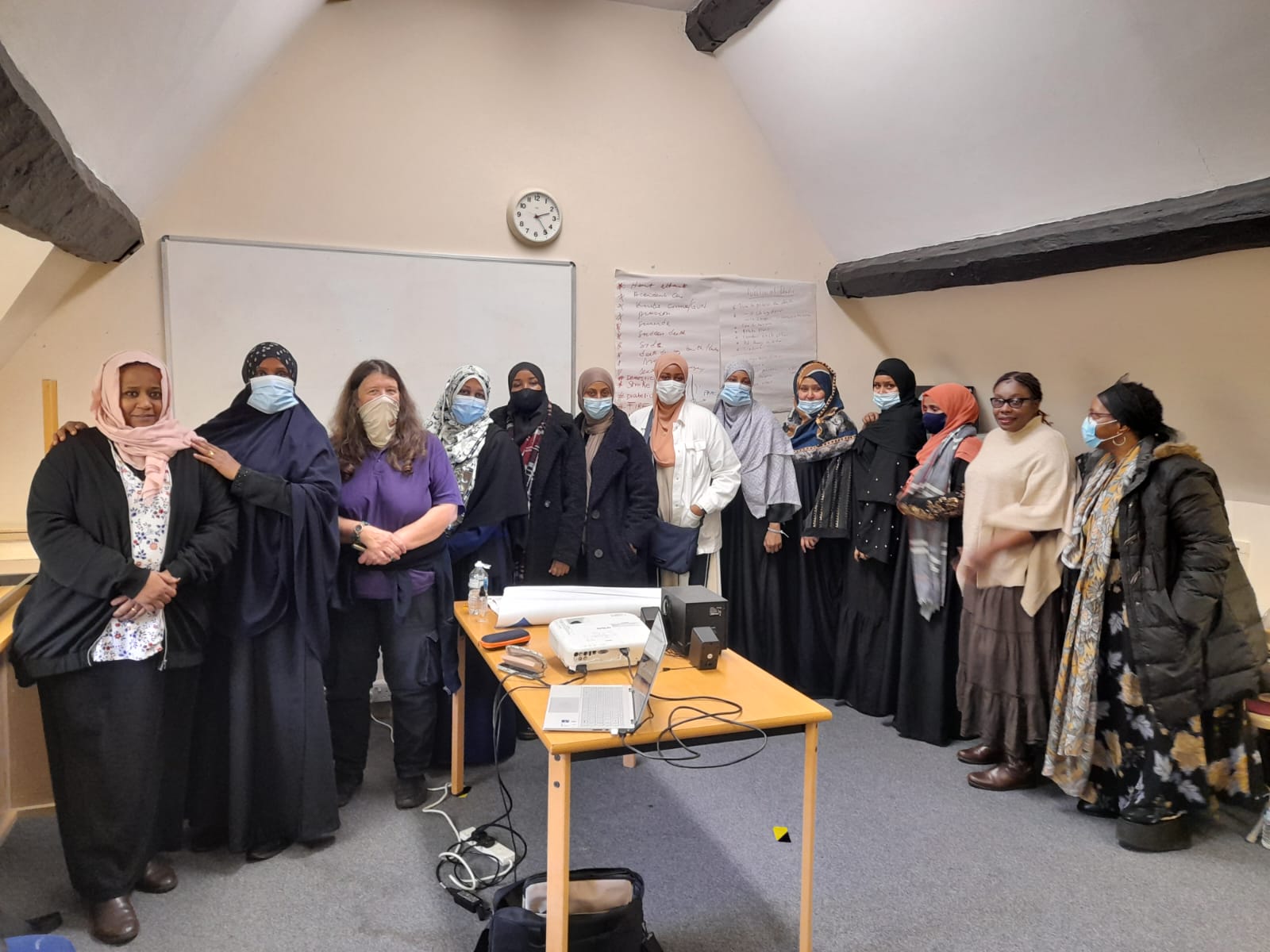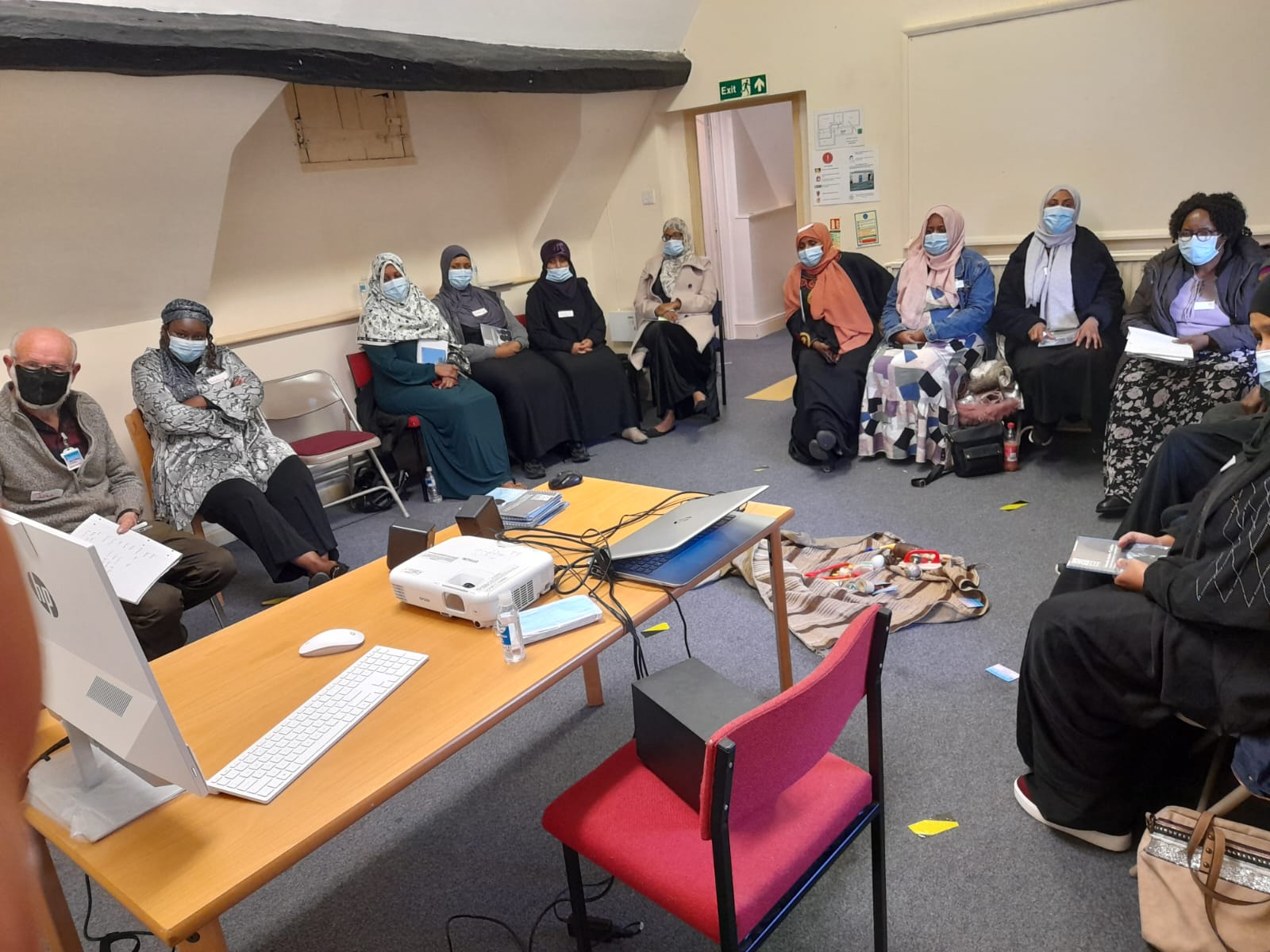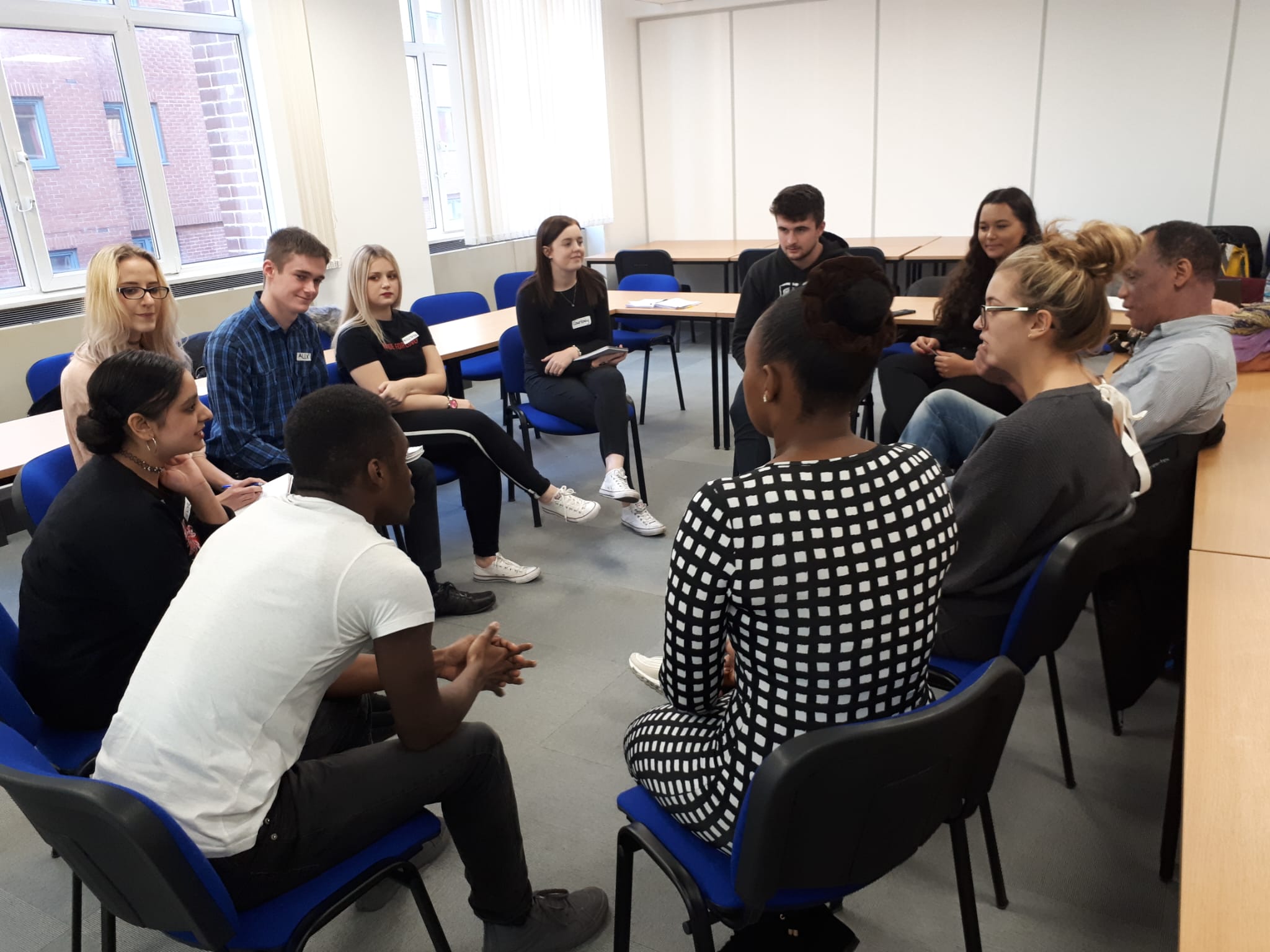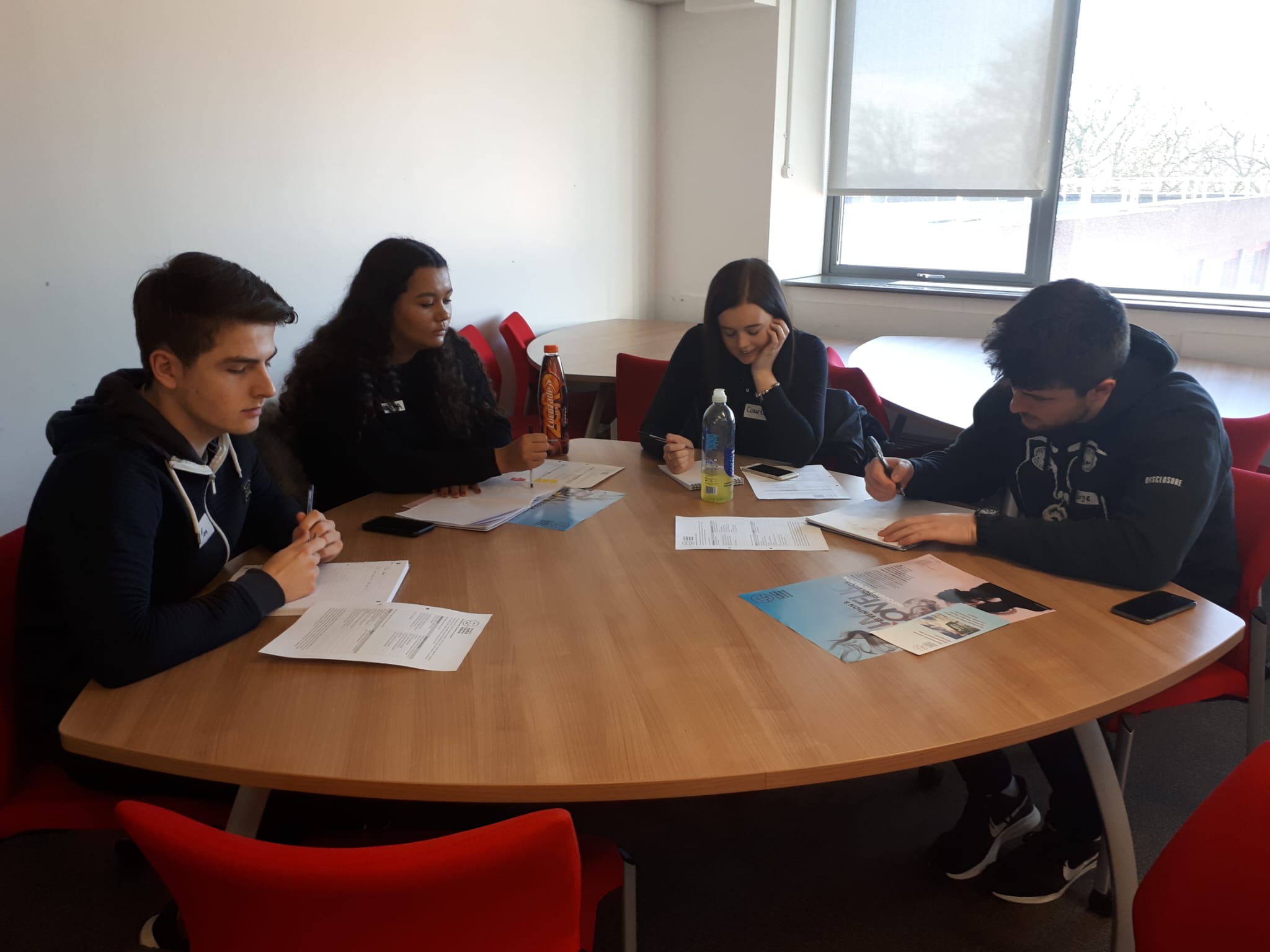Restorative Justice Practice in the work place
Workplaces are complex and dynamic communities; conflict occurs when systems of relationships go awry. Restorative Justice conferencing is the approach that best accommodates the complexity and emotional risks faced by teams in conflict, needing to restore their relationships and plan how best to transform the conflict into ongoing cooperation.







Restorative approaches in the workplace deal with conflict creatively, building stronger teams.
When conflict happens and/or people are hurt by inappropriate behaviour at work, relationships are broken and teams suffer.
Restorative practice has been used for several years in a range of very different workplace settings with success, allowing teams and individuals to work well together.
Restorative practice in workplaces:
- brings together all those affected by conflict in the workplace
- allows participants to come to a shared understanding
- provides a safe environment for the expression of emotion
- provides opportunities to rebuild damaged relationships
- rebuilds working relationships and strengthens teams
- processes can be used proactively or reactively
- can be used within existing discipline and grievance systems
What has restorative practice got to offer that other processes like Alternative Dispute Resolution (ADR) and workplace mediation do not? Both ADR and workplace mediation generally have a fairly narrow focus on a particular conflict and its resolution.
Restorative practice has a wider focus and benefits as it aims to build better relationships and stronger community, and to find creative ways to deal with conflict that repair the emotional harm and allow everyone involved to find a positive way forward.
Fair process is a central theme in the use of restorative practice in the workplace in that "we are most likely to cooperate or trust in systems, whether we ourselves win or lose, if the process is fair." There needs to be a heavy emphasis upon the importance of good processes, rather than a preoccupation with outcomes alone.
Restorative Practice at Work - Building Stronger Teams
Finally, they provided hard-skills training with the use of a communications strategy that taught staff to engage with colleagues during potentially difficult conversations, in a robust, respectful and professional manner.
It became clear in the sessions that people were having difficulty dealing with problem behaviours. Repeated negative comments, sarcasm, swearing and aggressive talk were reported. The lack of clear standards and expectations had allowed destructive behaviours to become commonplace and individuals didn’t know how to address the entrenched conduct.
After discussing a range of these negative behaviours, participants began to formulate lists of specific actions that they could agree to follow, to begin fostering a more respectful workplace. The groups recognized that by setting standards for workplace conduct, it was easier to discern where problems stemmed from. The agreed actions were specific, such as “don’t interrupt when others are speaking.”
The facility has a staff of more than 600 people comprised of varied professional, support and administrative employees. There were substantial pressures on staff to deliver a broad range of complex services under difficult conditions. They needed to be better equipped to deal with the pressures of the workplace.
A leading provider of training in restorative justice approaches in the workplace provided training to a mix of health clinicians, administrative staff and management over a four-day period and took place at different times to accommodate shift work and staff support needs.
The first phase of training focused on explaining what emotions are and how they influence behaviour. It outlined a series of simple “emotional intelligence” strategies that help individuals deal effectively with emotions in the workplace.
Further training sessions focused on creating awareness of issues in order to facilitate the creation and maintenance of safe, healthy and productive workplaces. The staff teams learnt how to build a workplace free of harmful behaviours.

The participants then worked through and practiced using the training model. The impact was positive and immediate. At the end of the sessions, the participants agreed they each would listen more and be more considerate of others; let unimportant things go; and deal with the real problems around breaking the rules, chronic errors and disrespectful behaviour.
Since undergoing training in restorative practices internal relationships within the hospital have improved dramatically. Prior to training, communication problems forced management to reschedule shifts frequently as staff could not work cooperatively in groups for long periods of time. The hospital has since reported groups are working together for several months at a time, effectively communicating to achieve better outcomes for their clients.
The facility manager outlined one subsequent situation involving communication and performance issues amongst an inter-disciplinary team:
“...the ones who had attended the training referred to some of the skills they had learned and applied them to resolve the situation. They went away with a positive attitude (despite the ongoing problems we have had), prepared a response and plan, and then came together with the other key parties to resolve the problem. All parties agreed … (to) have professional respect for each other. They even agreed on a problem-solving strategy in case there were problems along the way in the future.”
